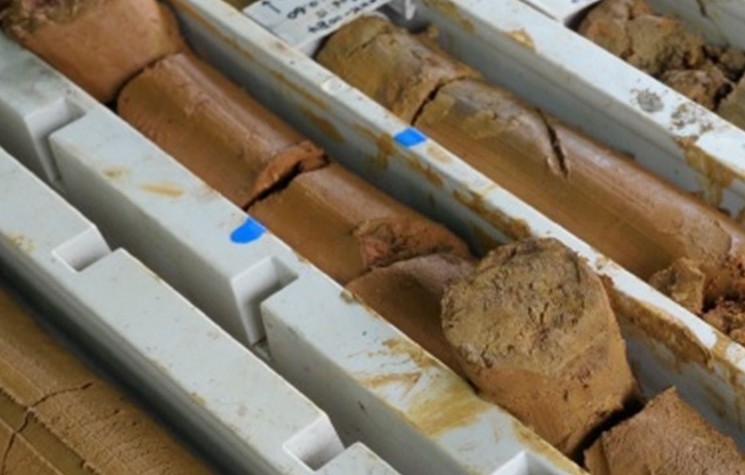Regency Mines Plays A Long Nickel Game, While Keeping One Eye On Early Cash Flow From Oil

By Alastair Ford
Tough times call for tough measures, and with the nickel price now back to the levels at which it was trading before the Indonesian export ban shook up the market, the immediate outlook for projects like Regency’s Mambare laterite asset in Papua New Guinea looks decidedly mixed.
But it’s not the immediate term that Regency chief Andrew Bell when he talks of the future prospects of Mambare. After all, Mambare has the potential to become one of the world’s largest laterite mines, and projects like that don’t happen overnight.
To be sure, the resources is there. Indeed, the likelihood is that the official count of 162 million tonnes at 0.94% nickel and 0.09% cobalt is only scratching the surface, given that this number is derived from work on just three per cent of the most prospective 80 square kilometres of a license which totals a whopping 250,000 square kilometres.
There’s nickel there alright, and plenty of it. The question is: what are the processing options. This is where 50:50 joint venture partner Direct Nickel comes in. Direct Nickel has for some years now been developing a proprietary leaching process for the extraction of nickel from laterite ores – notoriously difficult to process – and although progress has been slow, it’s nonetheless coming along.
Direct Nickel is also in partnership with the Indonesian government via the 65 per cent government-owned parastatal PT ANTAM, and it’s in Indonesia that that it plans to trial its first process plant. The development of this process plant has been somewhat held back by the uncertainty resulting from recent elections in Indonesia. But these have now happened, meaning Direct Nickel can once again press on.
“Now that the Indonesian government is in place the joint venture between Direct Nickel and the government can progress at a better rate”, says Andrew.
The significance for Mambare can’t be understated. If Direct Nickel can demonstrate a processing route, which, what is more, is propriety, then a major obstacle will have been removed and Mambare will move from being a hypothetical to being a project with a real chance of development.
Andrew takes an active interest in Direct Nickel itself. It was only last week that he was taking the chairman, Andrew Vickerman, around London to meet potential investors.
“We’ll continue to keep pushing along on the nickel”, he says. “It would be nice to see that feasibility study on the first commercial plant come in this year, and then for them to bring it in within the next year or two.”
By that time, it’s altogether possible that nickel may be on the turn once more, although with dollar strength and relative Chinese weakness, forecasting is a difficult business at the moment.
In any case, Regency has other strings to its bow. There’s exploration for agriminerals in Sudan, which should be intensifying over the next couple of months. There’s investments in RAM, an Australian nickel company, Alba, a UK investment vehicle, and Red Rock, sister company to Regency, with interests in gold in Cote D’Ivoire and manganese in Namibia.
And there’s also the exposure to the UK onshore oil exploration programme at Horse Hill, both directly and via the stake in Alba. This wasn’t the immediate gusher that short-term punters had been hoping for. But Andrew reckons there’s still plenty of potential there.
“It’s still a relatively promising area”, he says. “We want to get something that will produce cashflow.” And on that score, it’s not just Horse Hill. He’s also looking at further potential acquisitions in the USA, though not, he hastens to add, anything that is “high risk”.
Cash flow would certainly be useful for a company like Regency, which is jam-packed full of potential, but which usually needs to return to the equity markets when further funding is required. Cash flow would certainly take up some of the strain on that.

Comments (0)